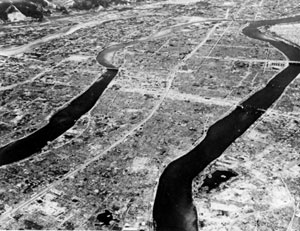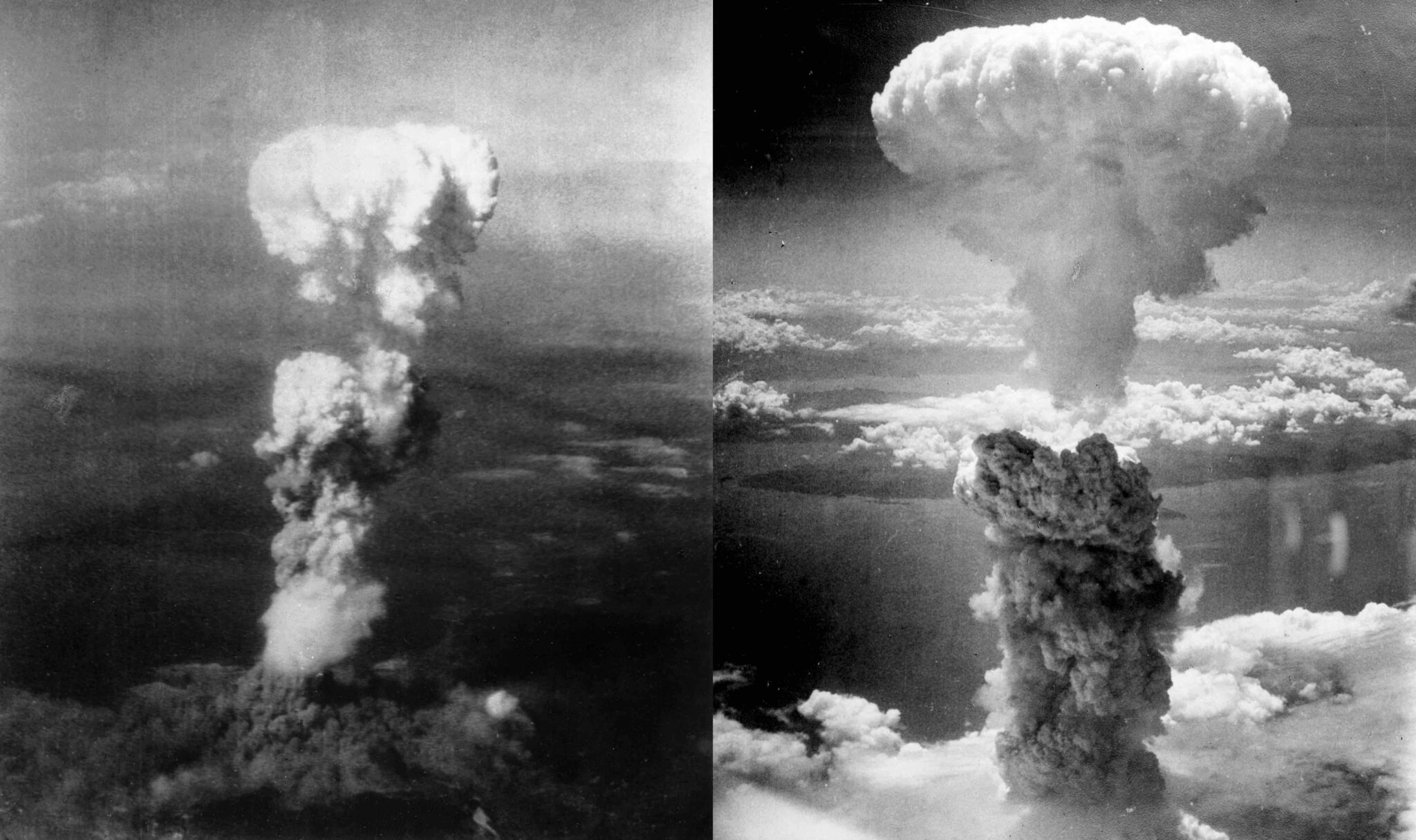
Douglas MacArthur's Southwest Pacific Command compared the emperor's execution to "the crucifixion of Christ to us."

The allied demand for unconditional surrender led the Japanese to fear that the emperor, who many considered a deity, would be tried as a war criminal and executed. However, the overwhelming historical evidence from American and Japanese archives indicates that Japan would have surrendered that August, even if atomic bombs had not been used - and documents prove that President Truman and his closest advisors knew it. Not only did the bombs end the war, the logic goes, they did so in the most humane way possible. 6, 1945, and on Nagasaki three days later was the only way to end the World War II without an invasion that would have cost hundreds of thousands of American and perhaps millions of Japanese lives. The accepted wisdom in the United States for the last 75 years has been that dropping the bombs on Hiroshima on Aug. As the Bulletin of the Atomic Scientists' Doomsday Clock warns us, the world is now closer to nuclear annihilation than at any time since 1947. The fateful decision to inaugurate the nuclear age fundamentally changed the course of modern history, and it continues to threaten our survival.

At a time when Americans are reassessing so many painful aspects of our nation's past, it is an opportune moment to have an honest national conversation about our use of nuclear weapons on Japanese cities in August 1945.


 0 kommentar(er)
0 kommentar(er)
